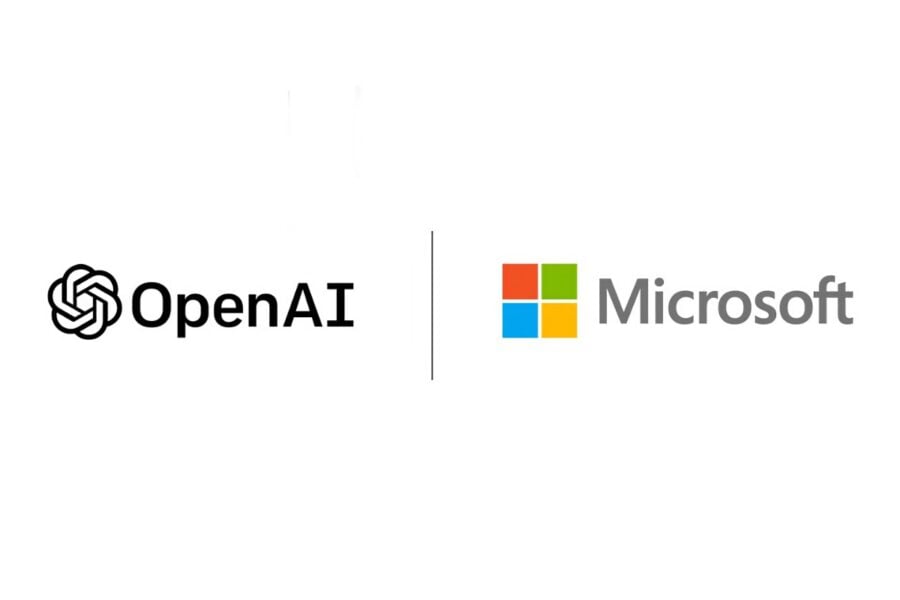OpenAI earlier this year warned tech giant Microsoft against hastily integrating GPT-4 into the Bing search engine without further training. This is reported by Engadget with reference to The Wall Street Journal.
Despite this, Microsoft pressed on, but OpenAI’s warning proved prescient. Early users noticed the tool’s somewhat erratic behavior, including arguments and attempts to convince a New York Times tech columnist to leave her marriage and elope with Bing instead.
At the same time, industry representatives pay attention to potential conflicts that may arise in this alliance. In it, Microsoft retains significant influence, but does not have full control. For example, companies can find themselves in a difficult position when their sales force makes the same offers to the same customers.
In addition, Microsoft employees complained about reduced internal AI spending and the lack of direct access to OpenAI models for their researchers and engineers.
Microsoft employees were also surprised by how quickly OpenAI got ChatGPT up and running. The startup opened its chatbot to the public last November. Microsoft only launched the Bing GPT integration in February.
At the same time, it’s hard to argue that Microsoft hasn’t benefited enormously from the partnership. Bing saw a 15% increase in traffic after adding GPT integration, and the Bing mobile app was downloaded 750,000 times. The fact that Bing has become a popular product is an achievement in itself.
However, some analysts believe that the partnership could become potentially problematic over time.
“What puts them in more of a collision course is both sides need to make money,” Oren Etzioni, board member and former CEO of the Allen Institute for Artificial Intelligence, said. “The conflict is they’ll both be trying to make money with similar products.”
Instead of buying OpenAI outright, Microsoft invested in 49% share in an artificial intelligence startup. Such a strategy is designed to help avoid antitrust inspections. The deal gave Microsoft early access to OpenAI’s ChatGPT and DALL-E 2 technologies to improve Bing’s search engine. It also adds OpenAI-based CoPilot to Office and other software products. Meanwhile, OpenAI receives financial investment and Microsoft servers for hosting.



Loading comments …